30,000 end-users
in 27,000 connected homes
The Government of Kenya is developing Konza Technopolis, a smart city envisioned to be a leading global Technopolis and Hub of Innovation, contributing to the country’s economic transformation. Located approximately 60 km from Nairobi along Mombasa Road, Konza is a flagship project under Kenya’s Vision 2030, which aims to transform the country into a newly industrialised, middle-income economy.
As part of its commitment to world-class infrastructure and sustainability, Konza sought integrated waste management solutions from the project’s inception. In 2010, the Government of Kenya launched a tender to implement key city sub-services simultaneously. ICM S.p.A, a renowned Italian construction company, proposed Envac’s Automated Waste Collection System (AWCS) as a key component of the city’s waste management plan. ICM won the tender and engaged Envac to deploy the system.
in 27,000 connected homes
organic, mixed, paper & plastic
for waste disposal
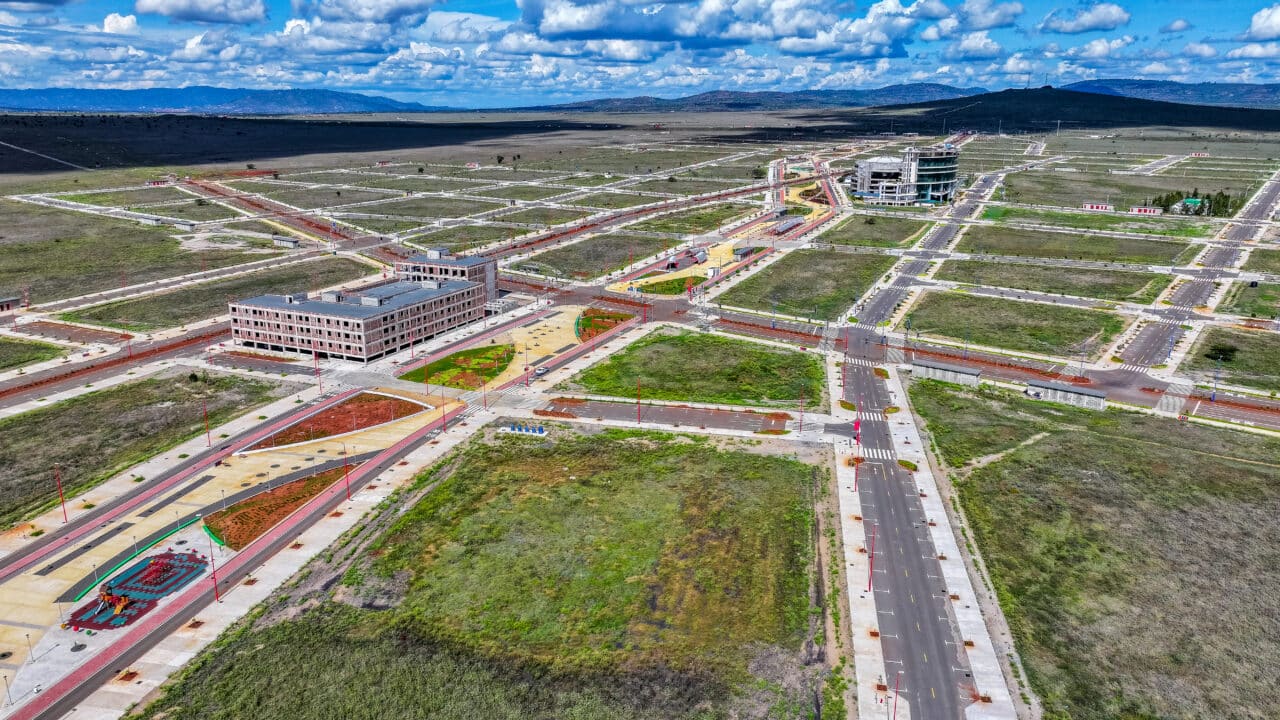
The Konza Technopolis Development Authority (KoTDA), the agency managing the project, aims to develop an ultra-modern, sustainable smart city with cutting-edge infrastructure. Key components of the Technopolis include:
• Three focus clusters (ICT/ITES, Life sciences and engineering.
• Seven investment clusters: commercial, technology, Light manufacturing, logistics, mixed use, and a technology-driven post-graduate Achor University—Kenya AIST.
• State-of-the-art medical and research centres within the life sciences band.
• A start-up incubation zone (dubbed the “Silicon Savannah – Kenya’s Silicon Valley”).
• Sustainable green urban spaces and parks, a wildlife corridor and golf provision.
Recognising the critical role of waste management in urban sustainability, Konza adopted Envac’s pneumatic waste collection system, ensuring a clean, efficient, and hygienic waste disposal solution.
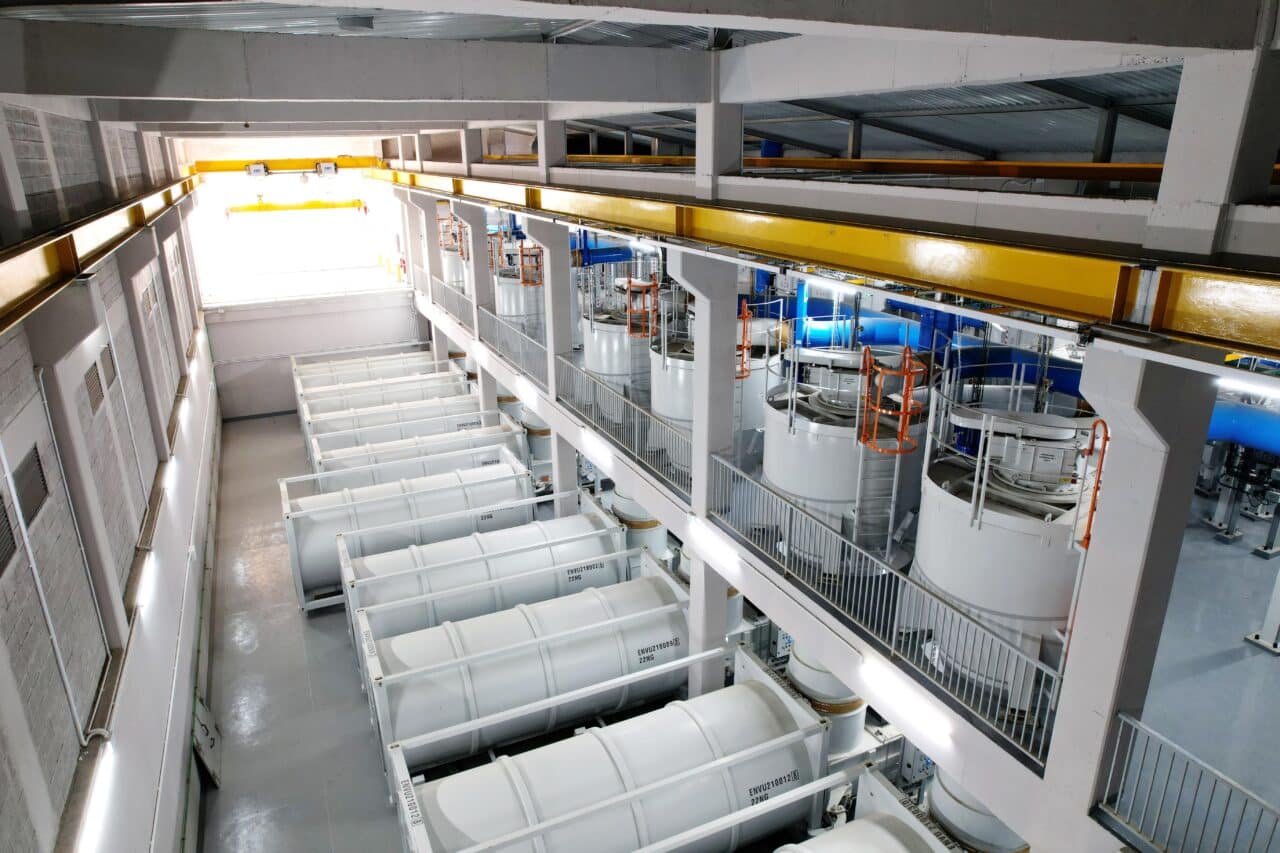
The Envac pneumatic waste collection system at Konza Technopolis has been designed to serve 30,000 residents and manage approximately 40 tonnes of solid waste per day.
It features:
• A central waste collection station (1 building with 2 systems).
• 13,974 meters of underground vacuum pipes.
• Over 100 outdoor inlets for waste disposal.
• An estimated 880 valves for the complete project.
• Future capacity for an additional 220 waste disposal points.
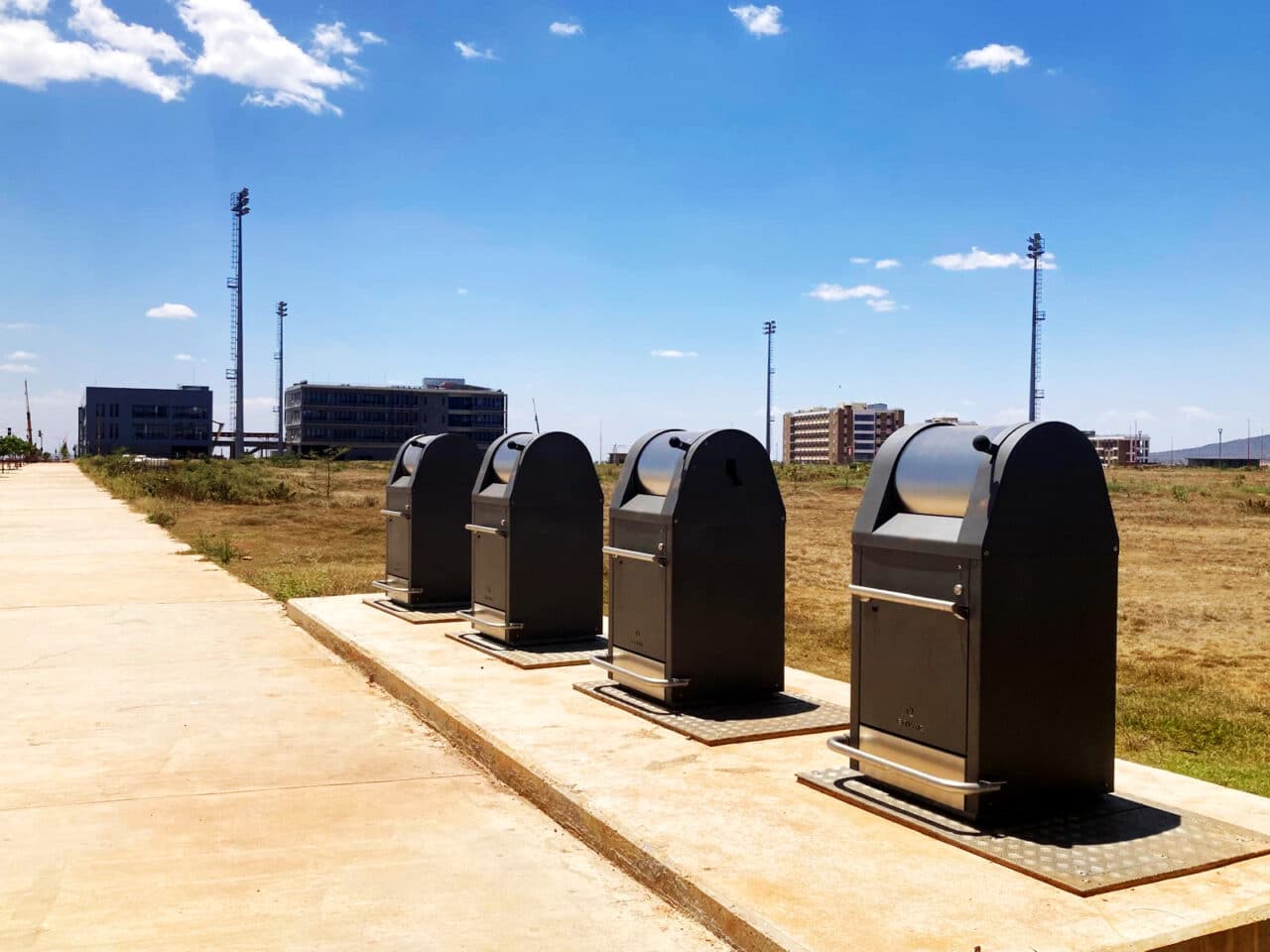
The system separates and collects four waste fractions: organic waste, mixed waste, plastics, and paper. It serves residential zones as well as educational institutions, hospitals, commercial areas, and retail spaces within Konza.
The system operates 6-7 hours daily, efficiently managing waste without causing disturbances such as noise, odour, or excessive truck traffic. Once full, automated vacuum suction transports waste through underground pipes to the central station.
A collection truck then transfers the compacted waste to designated recycling, composting, or landfill facilities outside the city, ensuring minimal environmental impact.
The integration of Envac’s pneumatic waste management system at Konza Technopolis represents a major advancement in sustainable urban living, while promoting a modern, eco-conscious city.
Mr. John Okwiri, OGW
Chief Executive Officer
Konza Technopolis
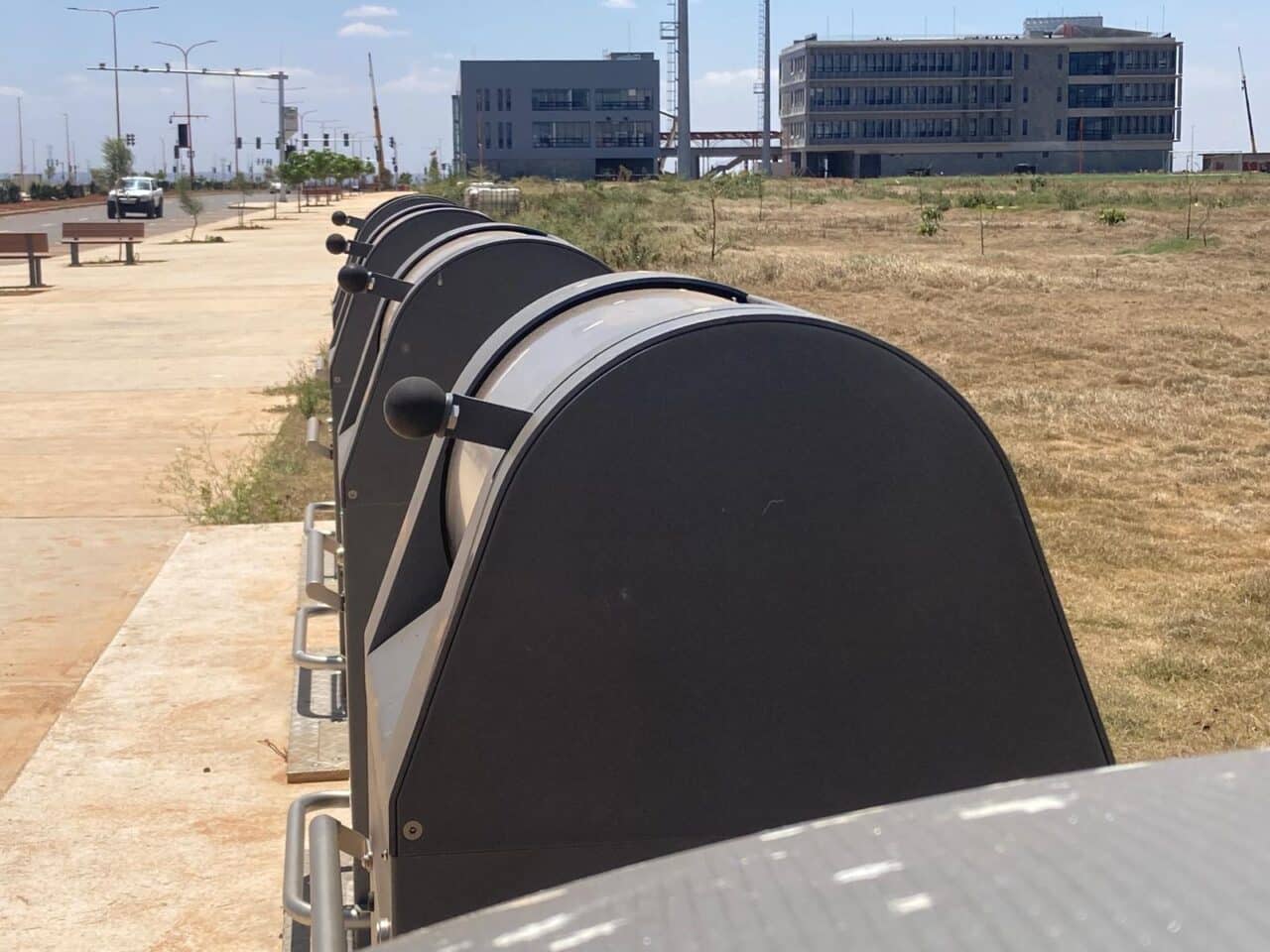
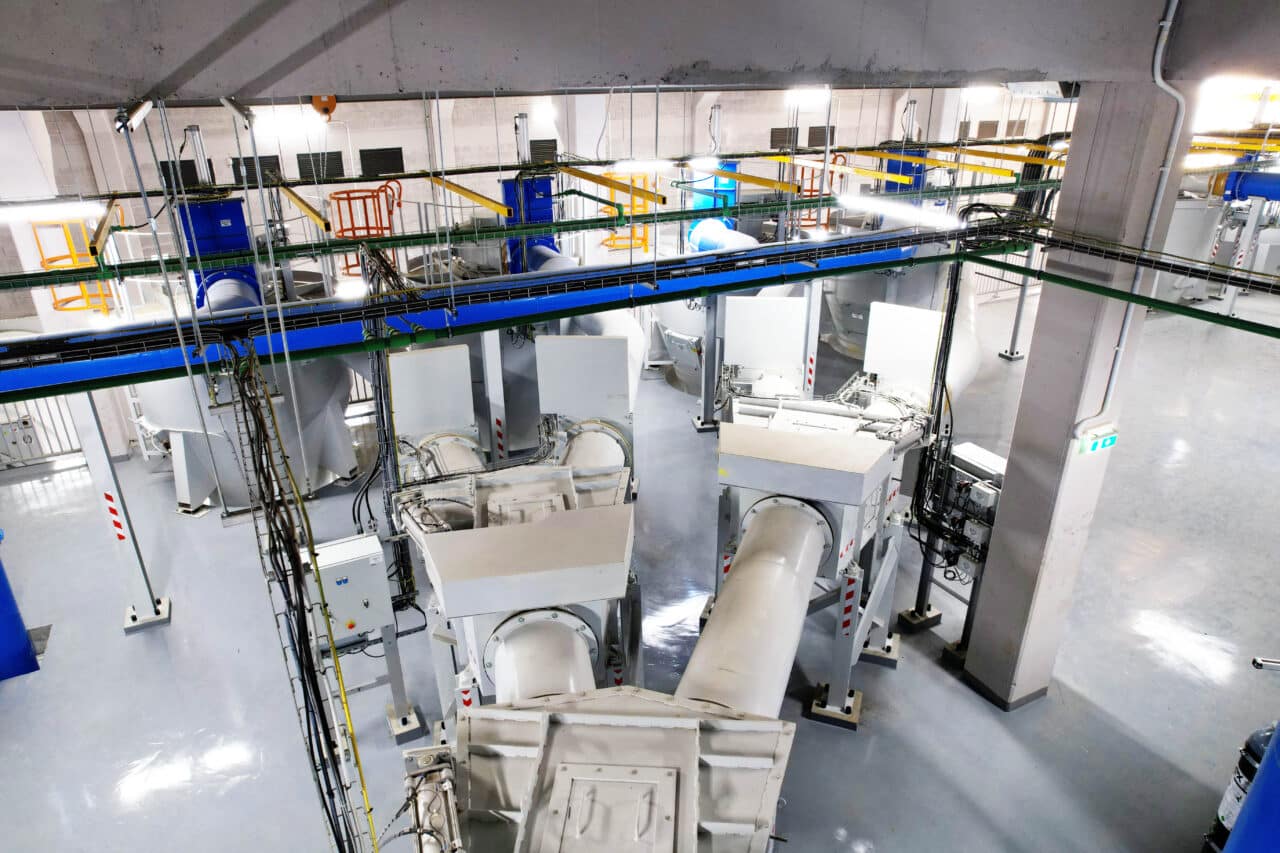
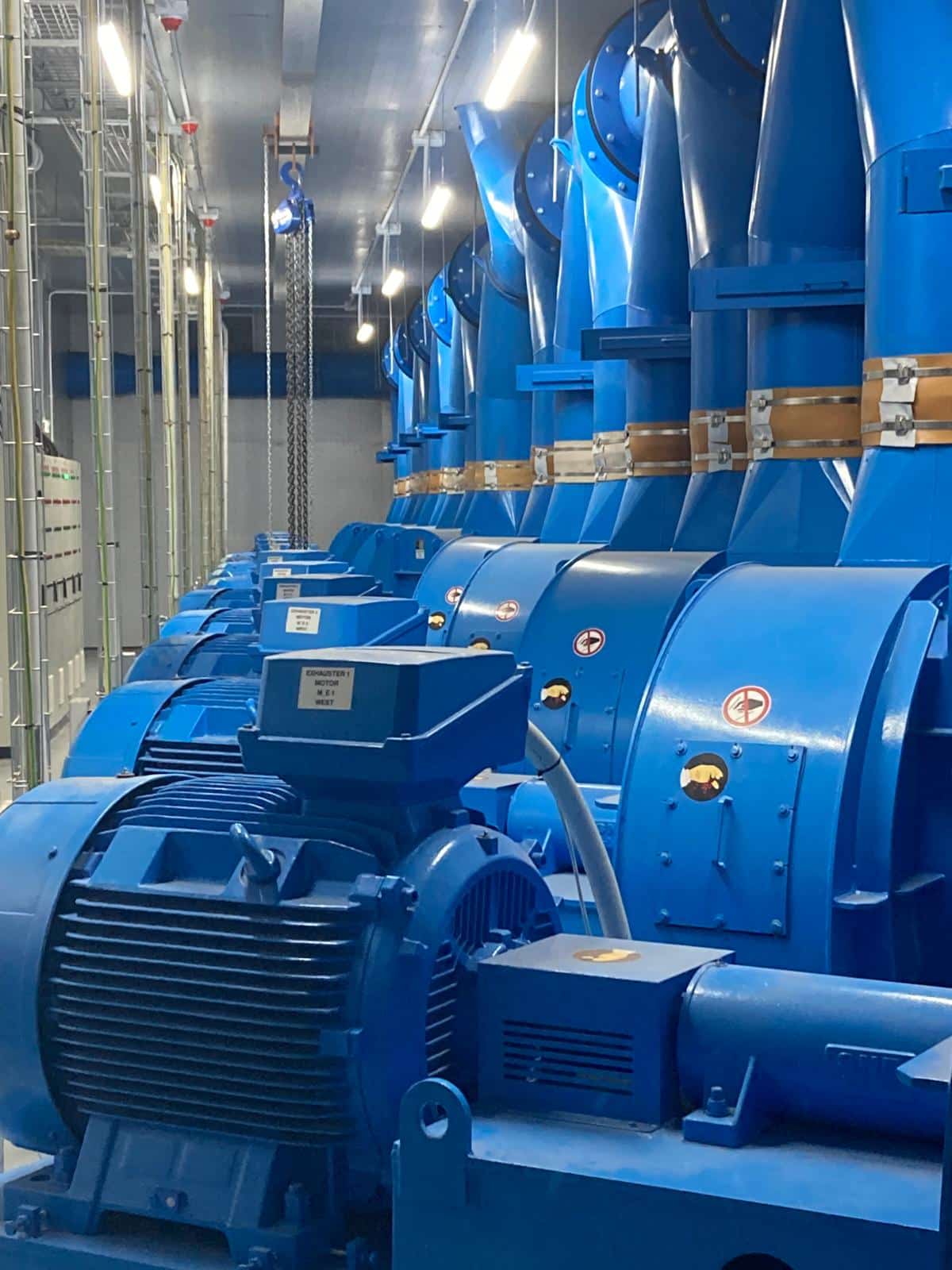
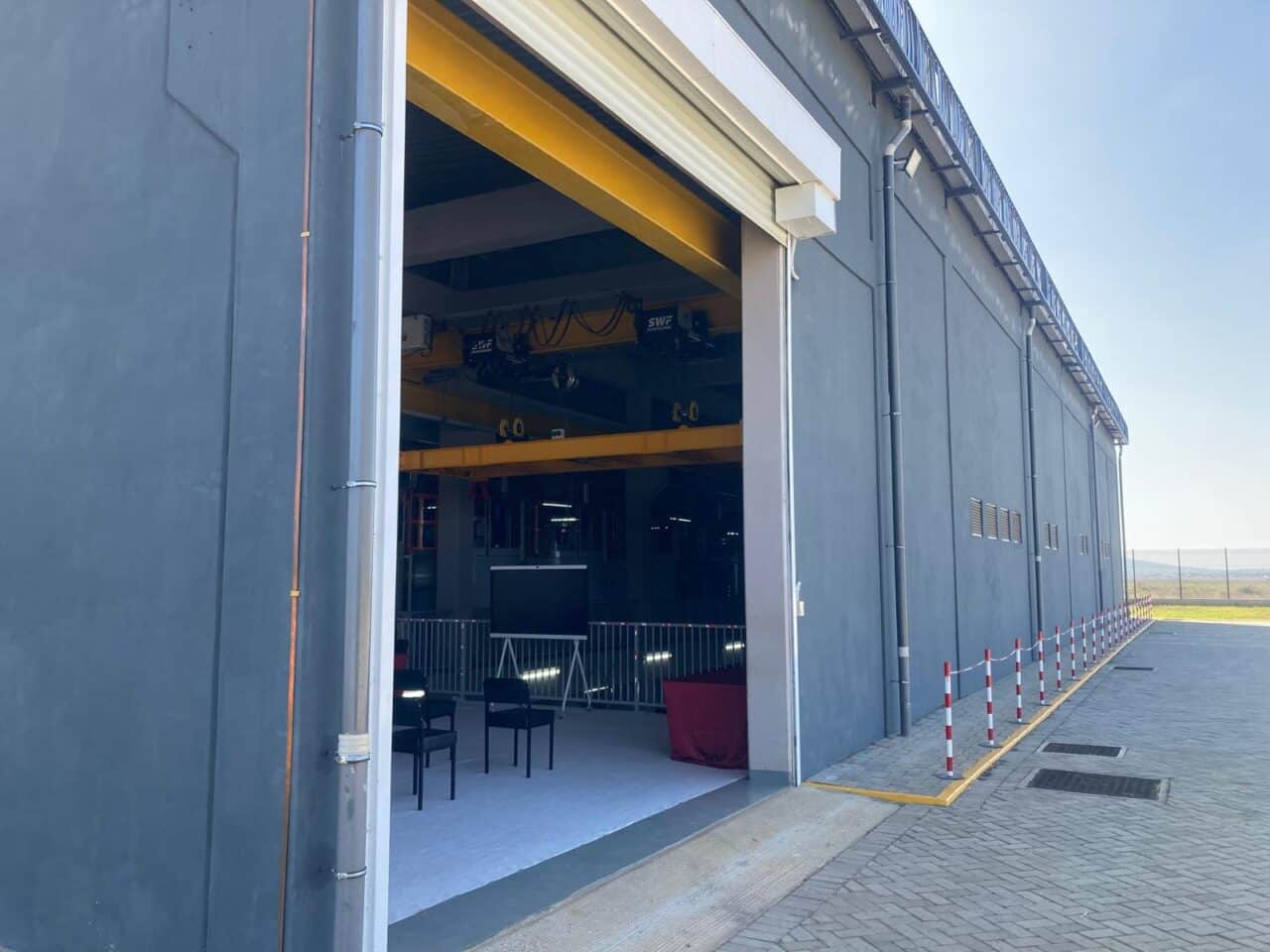
Konza Technopolis’ commitment to sustainability is reflected in its waste-to-energy initiatives, where organic waste is processed into biogas and compost to support circular economy strategies. The integration of IoT sensors and data-driven waste monitoring enhances efficiency, ensuring real-time tracking of waste generation and collection patterns. By eliminating the need for conventional waste collection trucks, the Envac system significantly reduces carbon emissions, contributing to Konza’s net-zero aspirations. This model aligns with global smart city benchmarks, positioning Konza as a leader in sustainable urban development.
Konza Technopolis is one of Africa’s most ambitious smart city projects, leveraging technology to address urban challenges. By integrating Envac’s pneumatic waste collection system, the city is setting a new standard for clean, efficient, and sustainable urban living.
We are very proud to contribute in Konza project, a real sustainable city, by incorporating Envac waste management technology. Envac pneumatic waste system will provide an efficient technology to end users, reducing C02 emissions and bringing a basic service closer to citizens like any other infrastructure”.
Carlos Bernad
President
Envac EMEA
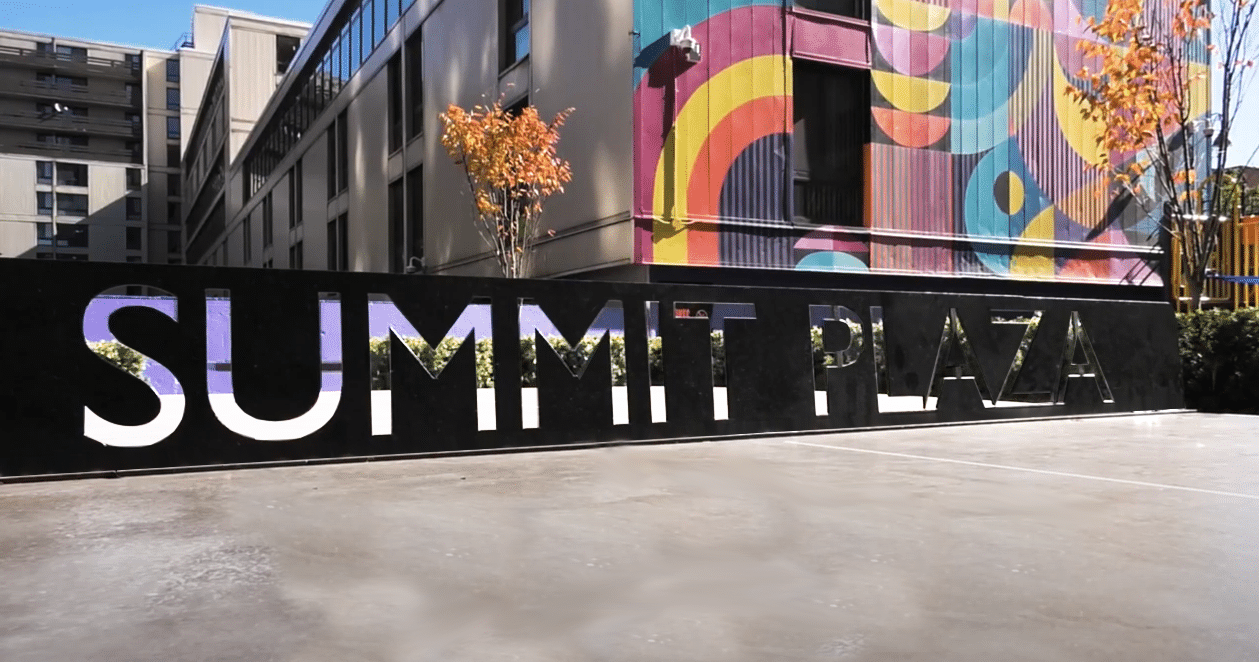
Cities New Jersey, USA
Summit Plaza, situated in Jersey City, stands as New Jersey’s largest privately-owned Section 8 housing complex, accommodating over 1,200 individuals. This includes vulnerable populations such as long-term residents, elderly and disabled individuals, and families with more than five members, as defined by HUD. The Envac automated waste removal system was installed in 1972 and is still operating reliably today, effortlessly removing residential waste over fifty years later.
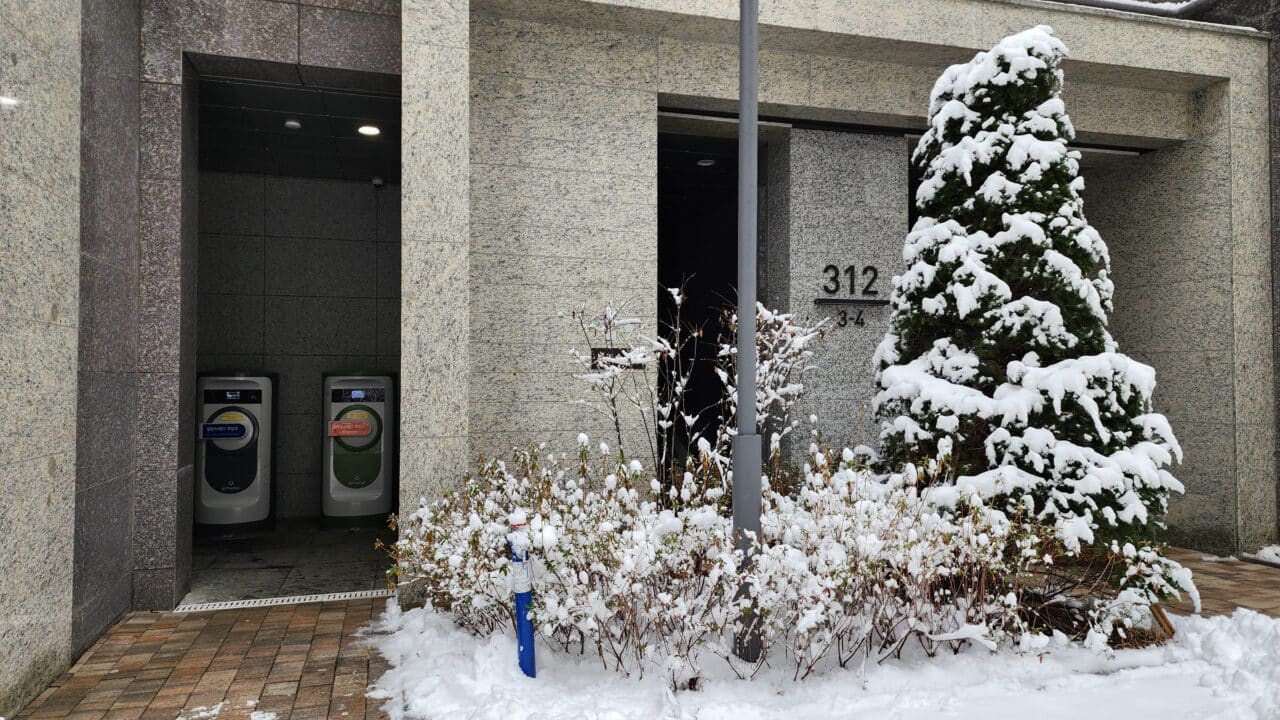
Cities Seoul, South Korea
The Heukseok Xi project exemplifies the seamless fusion of luxury living and sustainable urban development. By integrating cutting-edge waste management technology with premium residential features, the complex elevates the everyday lives of its residents and contributes to South Korea’s long-term sustainability goals.
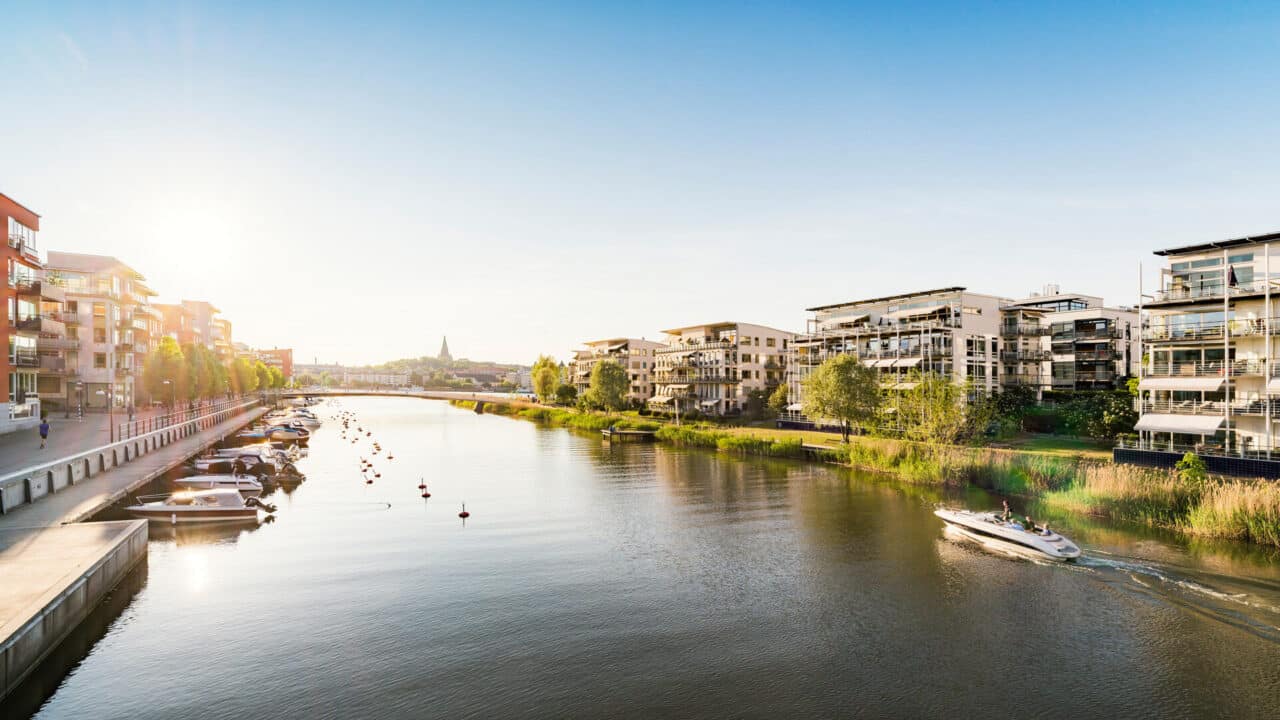
Cities Stockholm, Sweden
After an environmental programme was drawn up for Hammarby, including rigorous sustainability targets and the most innovative environmental solutions as part of what would later become known as the ‘Hammarby Model’, Envac was appointed to demonstrate the value that pneumatic waste collection add to a contemporary urban environment.